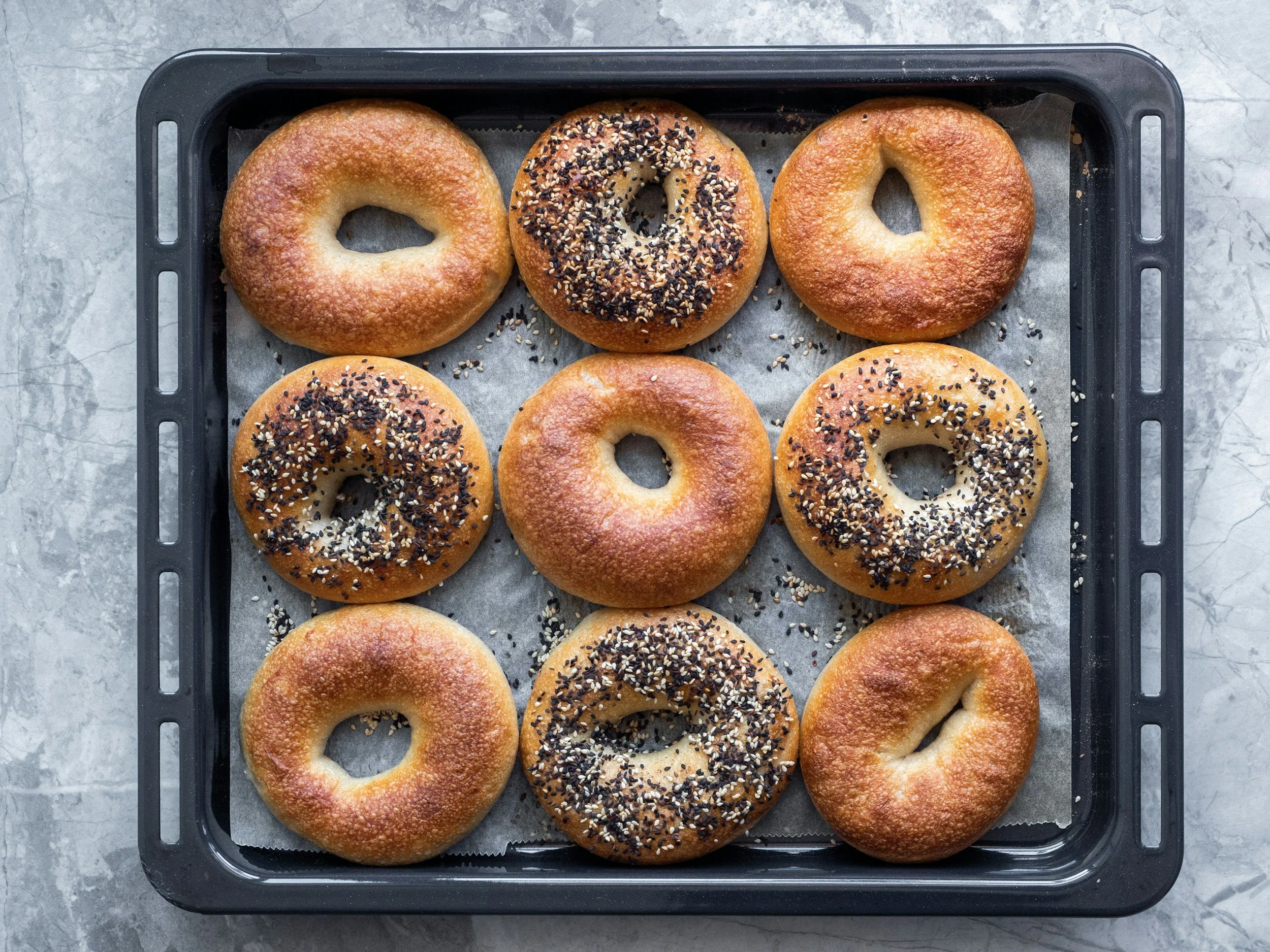Shaping, Not Shaming: Why Progress Isn’t Linear (and That’s OK) 🌱
AKA: How I Slowly Became a Semi-Functional Morning Person Without Crying (Much)
Let me be extremely clear: I have never been a morning person. Ever. Ask my parents — they literally used to fight over who had to wake me up for school. My Mom once tried to dress me in my sleep like I was a groggy Build-A-Bear, just so I’d make it to the car on time. I’ve been anti-AM since the womb.
So when I decided I wanted to build a real morning routine, I knew I wasn’t going to wake up one day, do yoga, journal, sip herbal tea, and greet the sunrise like some mystical wellness influencer. Nope. I was going to need shaping.
(AKA: the only reason I’ve made it this far.)
What Is Shaping, and Why Is It So Powerful?
In ABA, shaping is when we reinforce successive approximations of a desired behavior. It’s not about waiting for perfection — it’s about noticing and rewarding the baby steps that get you there.
Here’s a quick example of shaping in schools:
Let’s say we’re teaching a student to raise their hand before speaking in class.
Right now, they blurt out answers constantly. Instead of expecting them to go from blurting to perfect classroom etiquette overnight, we reinforce each step that gets them closer to the goal:
• First, we reinforce when they lift their hand even a little, even if they still talk.
• Then, we reinforce when they raise it all the way.
• Then, when they raise it and wait a couple of seconds.
• Eventually, we only reinforce when they raise their hand and wait to be called on.
By reinforcing the approximations, the learner gets positive feedback as they build toward the full skill. It’s gradual. It’s supportive. It’s smart.
And spoiler: it works for adults, too.
My Real-Life Shaping Program: Morning Routine Edition
(How my routine actually went versus the Pinterest version.)
And in the past, I would have labeled that as failure. But now? I see it as shaping in motion.
The (Messy, Imperfect, Totally Valid) Progress
At first, my only goal was: get out of bed before 8:00 without going back to sleep. If I did that, I gave myself a little dopamine treat: a fancy coffee or watching 10 minutes of trash TV while brushing my teeth.
Next week? I added a 30-second stretch.
Then? Journaling one sentence. Not a paragraph. Not a gratitude list. Just “I hate mornings, but I’m here.”
Eventually, I started naturally chaining those behaviors:
wake up → stretch → journal → wash face → drink water.
Some days I do the full sequence. Some days I hit two out of six. Some days I regress and end up horizontal with peanut butter on a spoon in bed at 9:30.
And all of it is part of the process. Because shaping is not about doing it perfectly. It’s about reinforcing effort and direction — even if it’s tiny, scrappy, or half-awake.
Replace Shame With Reinforcement (And Maybe a Toasted Bagel)
We do this all the time with our clients — we praise approximations, we support persistence, we tweak the environment to make success easier.
So why do we expect ourselves to suddenly change or meet a goal overnight just because we decided to?
Now, if I miss my routine, I don’t beat myself up.
I ask:
• Did I make it too hard today?
• Was the reinforcement strong enough?
• Do I need to lower the response effort tomorrow?
• Were there any external variables that could have affected how I showed up today?
ABA isn’t about flawless behavior. It’s about flexible support. And so is real life.
The Takeaway: Shaping Works (Even When You’re Sleepy)
If you’re trying to build or change a habit — whether it’s a morning routine, a new skill, or just trying not to scream when your alarm goes off — shaping is your best friend.
You don’t need perfection. You need movement in the right direction. You don’t need to do it every day. You need to keep returning to it even when it falls apart. Your behavior doesn’t need to look pretty. It just needs to be moving.
So go ahead — wake up late, stretch for five seconds, write “today is a day” in your journal, and count it.
Because in this house, we shape — we don’t shame. And that is accidentally ABA!
About the Author
Hi, I’m Carey Williams. I’m a Board Certified Assistant Behavior Analyst (BCaBA) who loves working with people and helping them build on the strengths I know they already have. For me, ABA is about more than just changing behavior—it’s about supporting meaningful, positive change that honors each person’s unique journey.
I’m passionate about neurodivergent-affirming ABA and committed to ethical and assent-based approaches that create collaborative, respectful, and empowering environments. Working alongside clients and families in ways that feel natural and affirming is what drives me every day.
Right now, I’m going back to school to become a BCBA, excited to grow my skills and deepen my ability to make a meaningful difference.
On a personal note, I’m obsessed with coffee (seriously, it’s my fuel), sushi, a big cat lover, and I find joy in the little things—spending time with friends, family, outside, going to concerts, painting, or getting lost in a good movie. These simple pleasures remind me to slow down, appreciate progress (in ABA and life!), and stay curious about the world around me.
A Note to Readers:
Interested in “Accidentally ABA”?
Have a question, a scenario to share, or a moment you’d like featured? I’d love to hear from you! Use the contact form below to get in touch.
*Disclaimer: The views expressed in this blog are my own (Functionally Speaking ABA) and do not reflect the views of UNMC






